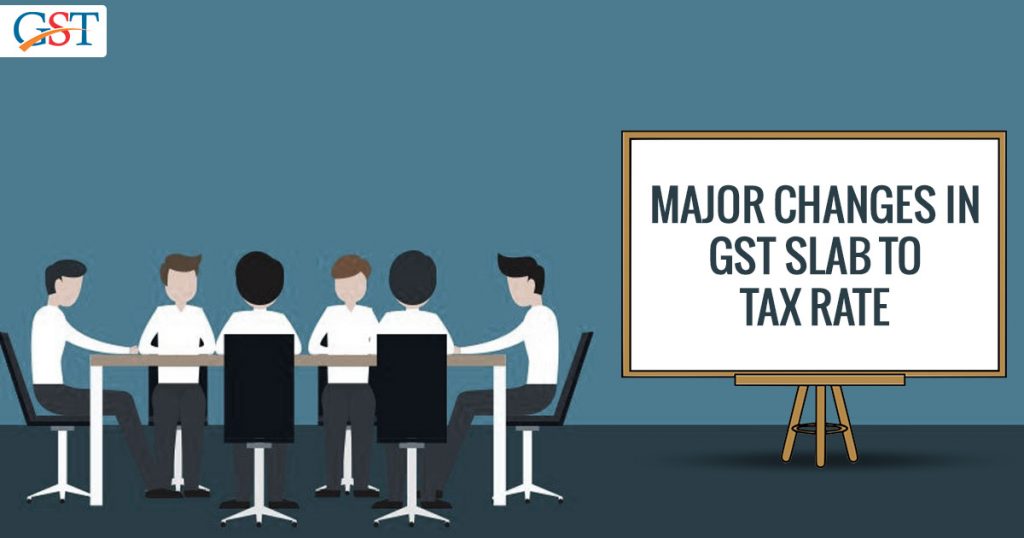
It’s been more than two years that Goods and Service Tax (GST) is prevalent in India, since then there has been a series of amendments and modifications made by the government in the provision with the intention to achieve an ideal tax collection mechanism. GST tax rates have been amended which has a direct impact on the nation’s economy. There is a similar buzz in the news that, in its churn of increasing the revenue collection, the government might possibly increase the base tax rate slabs from the current 5% to the proposed 9% or 10%.
It is even estimated that the GST panel may drag the tax rate of all the 243 products from the current 12% to the proposed 18%. Due to such amendments being introduced by the government, customers have to dig more in their pockets (due to increased rates of goods and services) but the government’s tax occupancy will increase by 1 Lakh crore.
Tax-Free Goods & Services are No Longer Tax-Free
It is even estimated that the commodities which till now were exempt from every type of tax will now be taxed. For instance, treatment in an expensive private hospital or a stay in a rented room (costing 1 thousand or more per night) gathered no tax from the customer but now such transactions will have a certain share accumulated as tax by the government. There are hints from the government that it may increase the tax rate on cars sale.
Tax Revenue Has Been Adversely Affected
Amidst the changes in the tax rates introduced by the government, there has been a rate cut applied to several items reducing the effective tax rate from 14.4% to 11.6%, which means the deficit of more than Rs. 2 Lakh crore from government’s tax treasury. This deficit may go up to Rs. 2.5 lakh crore if the revenue-neutral tax rate (i.e. 15.3%) comes up, as declared by the panel chaired by former Chief Economic Advisor Arvind Subramanium.
Economic Slowdown – an Add on to the Crises
Economic Slowdown has added on to the massiveness of the situation, however, the central government is convinced to compensate the states with less than 14% growth in their GST tax collection (applicable to the first four years starting from the year of GST implementation).
The prices of goods and services in the Indian market are skyrocketing due to the increase in tax rates issued by the government. Owing to such a situation, the nation’s upper hand over-inflation may loose.
Conclusion
Finally analyzing the outcomes of constitutional modifications, the GST panel is convinced not to tamper with the tax-exempt goods and service trade instead try to compensate by introducing amendments in minimum GST tax rate slabs 